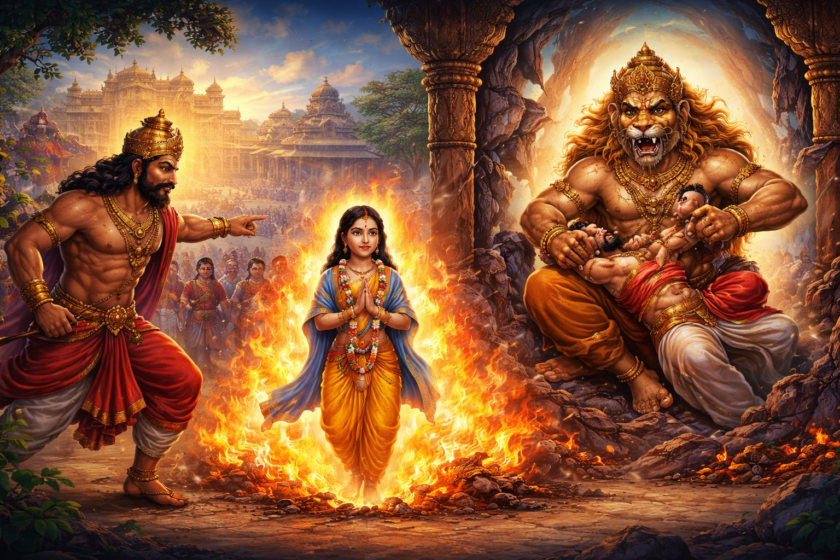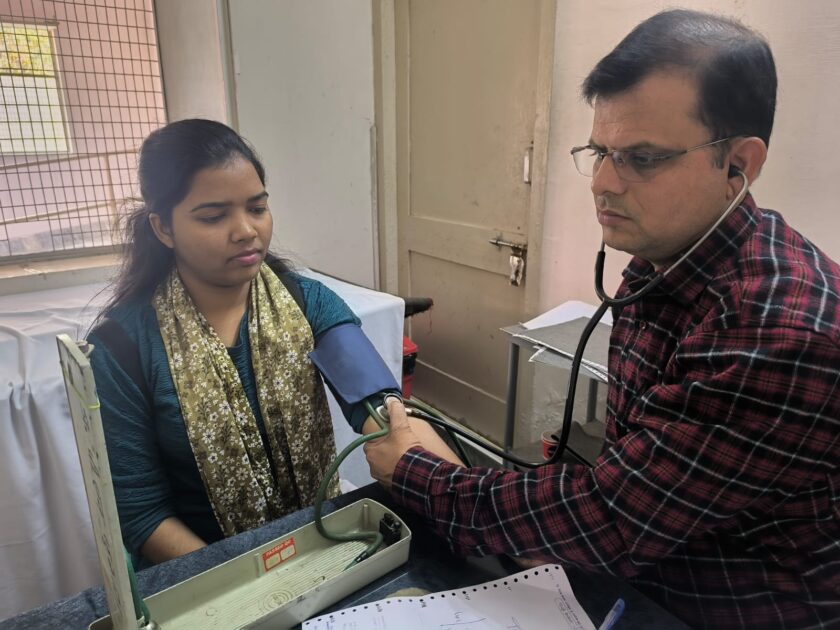Lucknow: A hallmark feature of IKS is its focus on personalization and customization, never taking an approach of ‘one-size-fits-all’. Instead, it is deeply tailored to the individual, aligning with their personal prakriti (constitution), intellectual inclinations, and societal roles. Even learning in the Gurukula system ensured that the teacher (guru) would assess the student’s natural aptitudes, learning speed, and interests, and provide personalized guidance.
Education in IKS also took into account the social roles students were expected to fulfil. For example, a student from a family of architects would be trained in Vastu Shastra, while one from a family of healers might focus on Ayurveda. This was not merely vocational training but a profound alignment of individual talents with societal duties, ensuring that students contributed meaningfully to society.
A good example of multidisciplinary integration is found in Ayurveda, India’s ancient health science. While modern medicine tends to separate the physical body from mental and spiritual health, Ayurveda offers a unified approach by combining various disciplines, for the student’s broad understanding, combining the knowledge of various sciences with human physiology.
Botany and Chemistry are of great importance as the medicinal properties of plants and herbs are studied in great depth, with an emphasis on preparation, dosage, and treatment. Dietary Science explains the role of food in maintaining health, which is fundamental in Ayurveda. Specific dietary recommendations are tailored not just to a person’s constitution (prakriti), but also to environmental and seasonal conditions, blending health science with ecological awareness.
Philosophy and Spirituality lend their hand to healing in Ayurveda which addresses not only physical but also mental and spiritual wellness. It emphasizes the balance of mind (manas), body (sharira), and soul (atman), showing a deep connection between health, moral behaviour, and spiritual well-being.
The practice of Ayurveda also takes into account the positioning of celestial bodies, determining the best times for harvesting medicinal plants or undergoing certain treatments. This shows an interconnection with the discipline of astronomy and time-keeping, which were advanced studies in ancient India.

In modern interdisciplinary courses such as integrative medicine, where the focus is on combining allopathic and alternative medicine, we see the influence of this IKS principle of holistic health science. Integrating dietary practices, spiritual well-being, and natural remedies is an approach that reflects the IKS method of blending multiple knowledge systems into healthcare.
A leading Ayurvedic hospital advertises that in a hundred years of service, not a single disease has been treated! Then it follows up the heading with the answer that they only treat the patient! This is to emphasize that the right treatment is always customized to suit the needs of the individual, not standardized for all and points to the unique wisdom of Indian Knowledge Systems.
Similarly, in an IKS-inspired curriculum for health sciences, a student interested in Ayurveda might be given a personalized course of study that not only covers medicinal plants but also teaches prakrti-based dietary regimes, environmental consciousness, and ethical responsibilities related to health. Prakrti is the personality and physiology of every individual person that Ayurveda explains. This kind of personalized curriculum ensures that the knowledge is not just theoretical but highly relevant to the individual and their community.
IKS Faculty, Siddhanta Knowledge Foundation









